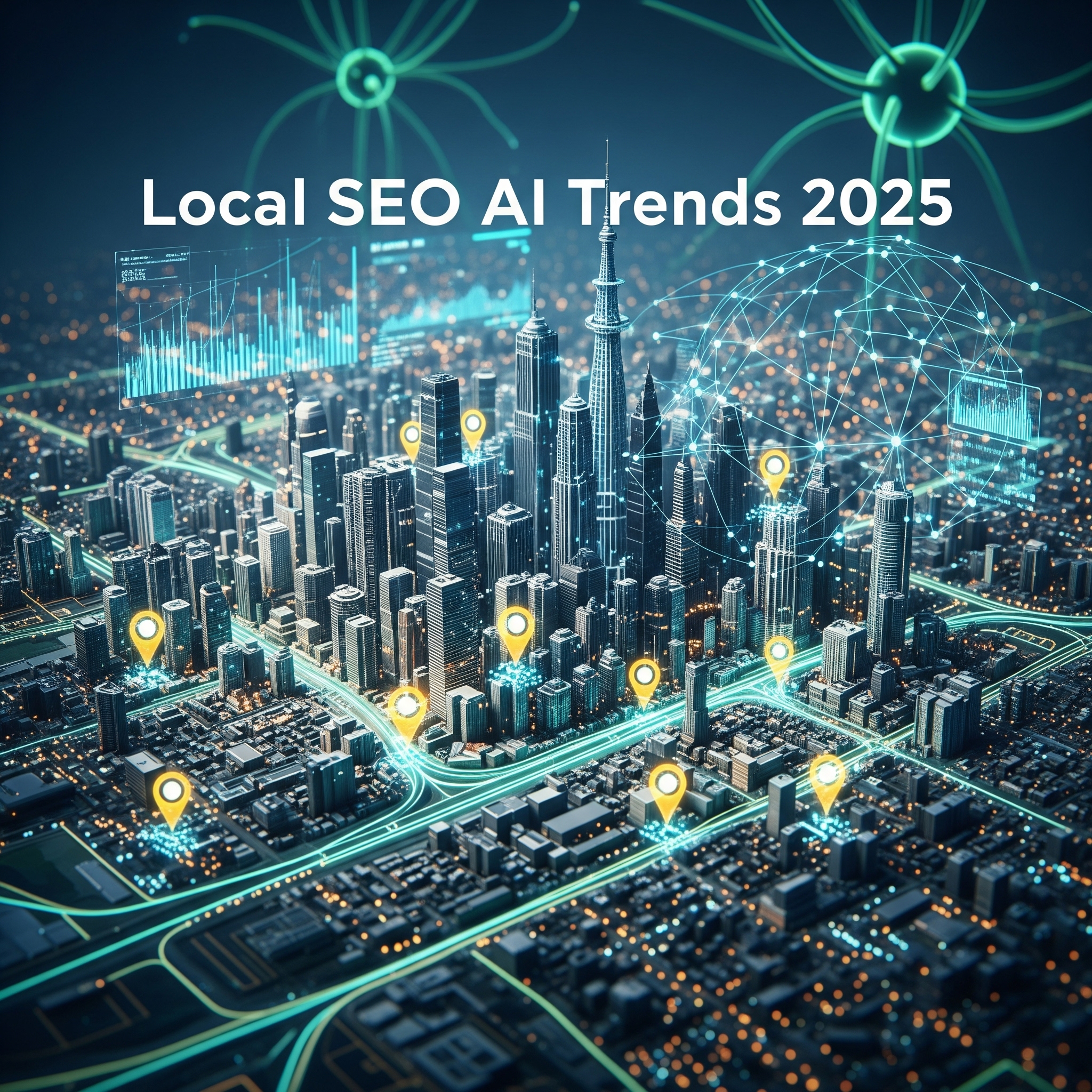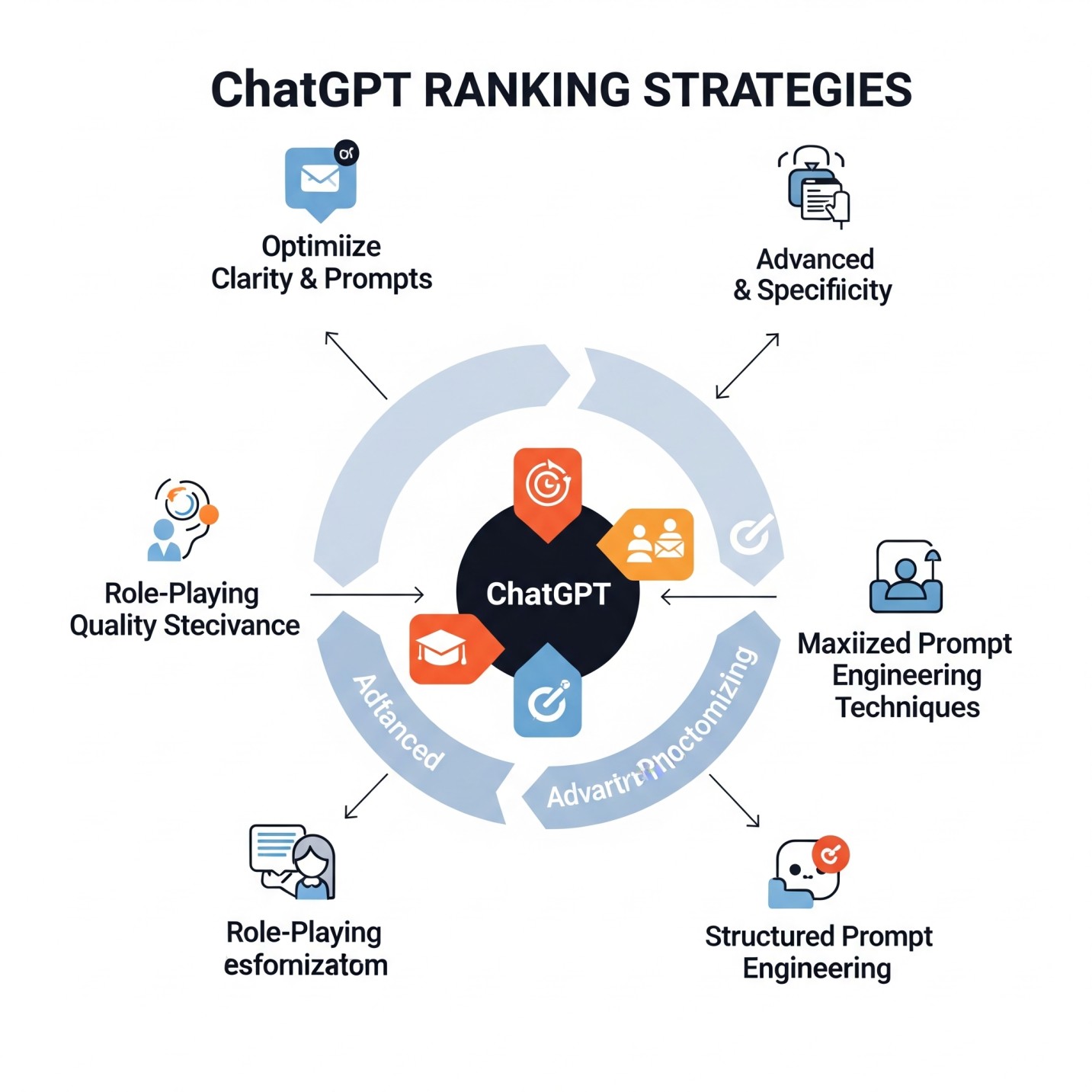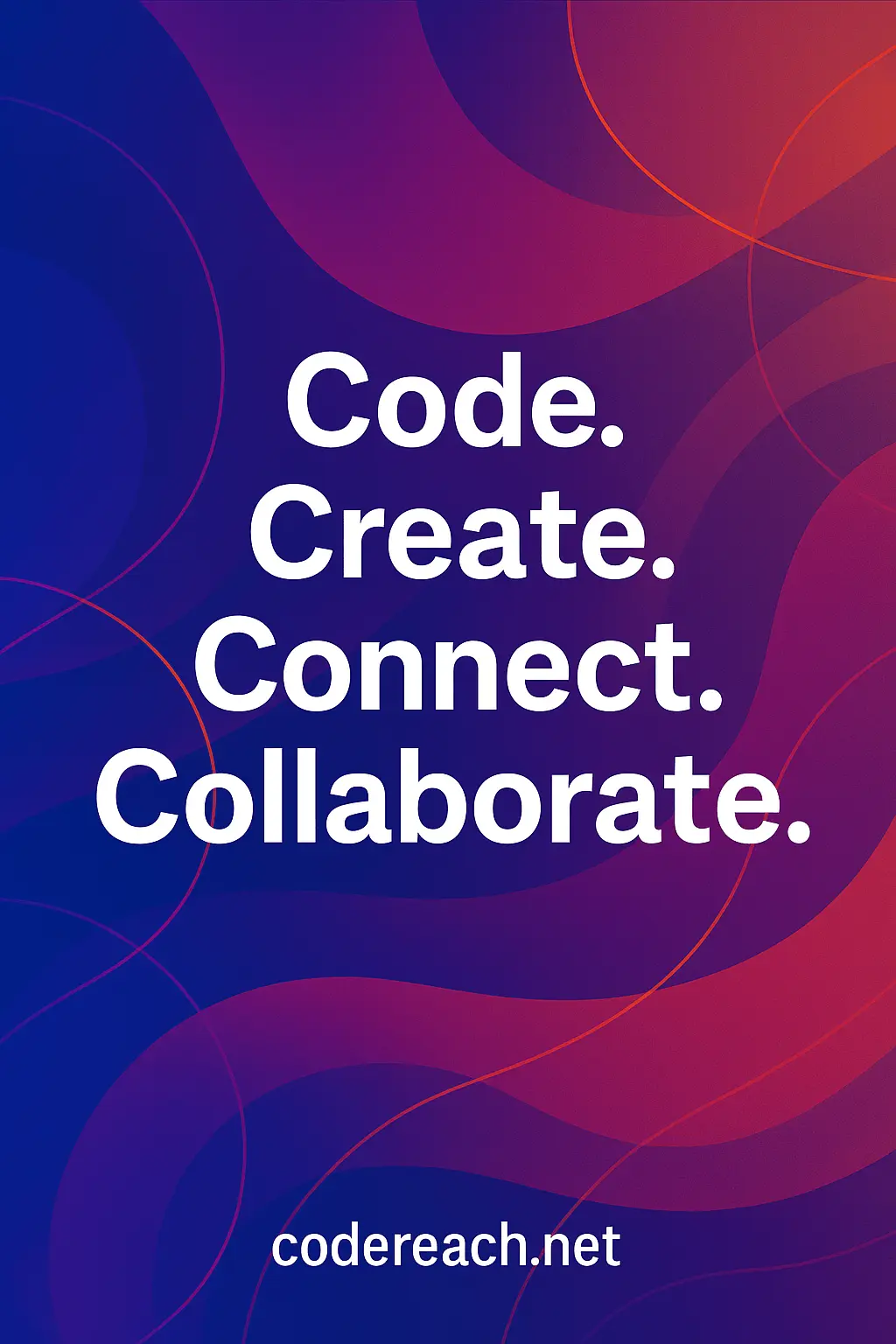The landscape of search engine optimization is undergoing a revolutionary transformation as artificial intelligence reshapes how we approach digital visibility. AI and SEO have become inseparable partners in the modern digital marketing ecosystem, fundamentally changing everything from keyword research to content creation and performance analysis. This comprehensive guide explores how AI Power SEO is redefining search optimization strategies and what it means for businesses looking to maintain their competitive edge.
The Evolution from Traditional to AI-Driven SEO
Traditional SEO focused heavily on keyword matching, often resulting in repetitive, fragmented content designed primarily for search engine algorithms rather than user value. The primary objective was alignment with search engine requirements through exact-match keywords, meta tags, and keyword density strategies, frequently leading to content that was technically optimized but lacked depth and engagement.
AI has fundamentally changed this game. With advancements in natural language processing and machine learning, SEO is shifting toward understanding user intent, context, and behavior. Modern AI and SEO strategies enable search engines to interpret the meaning behind queries rather than just matching words, allowing for more nuanced and personalized results.
This transformation represents a move from reactive to proactive optimization strategies. Where SEO professionals once studied algorithms, implemented changes, and waited for results, AI Power SEO now uses predictive analysis and real-time data processing that adapts continuously to both search engine updates and user behavior shifts.
How Google’s AI Algorithms Shape Modern Search
Google’s search ecosystem now operates as an ensemble of AI systems, each handling different aspects of query processing and result ranking. The evolution from RankBrain to BERT to MUM represents a significant leap in search engine sophistication.
RankBrain, introduced as Google’s first major machine learning ranking signal, focuses on understanding query intent and ranking results based on user interaction patterns. This system proved that machine learning could make search engines smarter, faster, and more adaptable to user needs.
BERT (Bidirectional Encoder Representations from Transformers) revolutionized contextual understanding by analyzing the full structure of queries rather than processing them word by word. Unlike previous models, BERT considers the complete context of sentences, significantly improving Google’s ability to handle conversational and natural language queries.
MUM (Multitask Unified Model), described as 1,000 times more powerful than BERT, represents the latest evolution in AI-powered search. MUM can understand and generate language across multiple formats including text and images, while processing information in over 75 languages simultaneously.
These systems work together in Google’s ranking process, with BERT handling language structure, neural matching finding concept-based connections, and RankBrain adjusting rankings based on search patterns and relevance.
Key Areas Where AI is Transforming SEO
AI-Powered Keyword Research and Analysis
AI Power SEO has revolutionized keyword research by introducing predictive intelligence and semantic understanding. AI systems can now identify emerging search trends 4-6 weeks before they appear in conventional keyword tools by analyzing social media signals, news coverage patterns, and search correlation data.
Modern AI keyword research tools provide semantic clustering capabilities that group keywords by underlying intent rather than lexical similarity. This approach consistently delivers more relevant, higher-performing content by aligning with how users actually search and how Google ranks content.
AI algorithms now classify dozens of nuanced intent types along the customer journey, going far beyond the traditional informational/navigational/transactional model. This granular understanding enables content creation that precisely targets user needs, driving significantly higher engagement and conversion rates.
Content Creation and Optimization
AI and SEO integration has transformed content creation from manual processes to intelligent, data-driven approaches. AI tools can now generate entire pieces of content optimized for search engines while maintaining quality standards that align with Google’s E-E-A-T guidelines.
Research indicates that websites using AI-generated content grew 5% faster than those relying solely on traditional methods, though human oversight remains crucial for maintaining accuracy and brand voice. The key lies in balancing AI efficiency with human creativity and expertise.
AI content optimization tools analyze competitor content in real-time, recommend improvements, and identify gaps that human editors might overlook. These systems provide instant suggestions for titles, headers, and content structure, ensuring SEO-friendly content from the initial draft stage.
Technical SEO and Performance Monitoring
AI has revolutionized technical SEO by enabling automated site audits that can process massive website architectures in minutes rather than hours. Machine learning algorithms now identify crawl inefficiencies, broken link clusters, JavaScript rendering issues, and schema opportunities with unprecedented speed and accuracy.
Performance monitoring has evolved from manual data review to automated alert systems powered by machine learning. These systems establish performance baselines across hundreds of metrics and automatically detect statistically significant deviations, often identifying algorithm changes before they’re officially announced.
AI-powered attribution modeling can isolate the impact of specific SEO changes among hundreds of variables, providing accurate attribution of performance shifts that would be impossible to detect through traditional analysis methods.
The Rise of AI-First SEO Tools
The SEO tool landscape has been completely transformed by AI integration. AI Power SEO platforms now offer capabilities that extend far beyond traditional keyword research and ranking tracking.
Tools like SEO.ai represent the new generation of AI-first platforms, built from the ground up with artificial intelligence as their core functionality rather than as add-on features. These platforms provide predictive keyword intelligence, dynamic content gap analysis, and real-time SEO optimization that adapts content as it’s being created.
Modern AI SEO tools offer automated internal linking systems that understand context and relevance, interactive AI chat assistants that act as SEO consultants, and multilingual support for global optimization strategies. The automation capabilities now handle repetitive tasks like content briefs, keyword mapping, and metadata generation at scale, allowing SEO professionals to focus on strategy rather than execution.
AI’s Impact on User Experience and Search Intent
AI and SEO convergence has shifted focus from keyword matching to intent understanding and user experience optimization. AI enables search engines to interpret the meaning behind queries rather than just matching text, leading to more relevant search results.
Personalized search results have become the norm, with AI analyzing user data including location, search history, and behavior patterns to deliver customized experiences. This evolution requires content strategies that focus on delivering real value and addressing specific user needs rather than simply optimizing for search engine algorithms.
Voice and visual search integration represents another significant area of AI impact. With approximately 20% of Google App searches conducted through voice commands and growing adoption of visual search technologies, SEO strategies must adapt to natural language queries and image-based searches.
Challenges and Limitations of AI in SEO
While AI Power SEO offers numerous advantages, it also presents significant challenges that require careful consideration. One major concern is the potential decrease in content readability and quality when over-relying on automation.
AI-generated content can lack the human touch required to create truly engaging material that resonates with readers. Over-automation may lead to repetitive or formulaic content without genuine originality or creative insight. Additionally, AI systems can “hallucinate” and generate inaccurate information, including false statistics or fabricated sources.
The risk of over-optimization represents another significant challenge. While AI can process vast amounts of data quickly, excessive reliance on automated optimization may result in content that prioritizes search engine algorithms over user experience.
Maintaining brand voice consistency becomes more challenging when using AI tools extensively. Human oversight remains essential to ensure that automated content aligns with brand values and communication standards.
Future Trends and Predictions for AI in SEO
The future of AI and SEO points toward even greater integration and sophistication. Predictive SEO is emerging as a game-changer, with AI systems now capable of identifying trending keywords and content themes 30-60 days in advance, allowing businesses to rank before competitors recognize emerging opportunities.
AI Power SEO strategies are expanding beyond traditional search engines to include optimization for AI-powered platforms like ChatGPT and Perplexity. This shift requires businesses to adapt their content strategies for multiple discovery channels, not just Google search results.
The integration of machine learning with real-time SERP analysis is becoming more sophisticated, with AI tools now capable of detecting algorithm changes within hours rather than days or weeks. This advancement enables proactive rather than reactive optimization strategies.
Entity-based optimization is gaining prominence, with AI systems focusing on connecting concepts and understanding topic relationships rather than simple keyword matching. This evolution requires content creators to think in terms of semantic relationships and topical authority rather than traditional keyword density.
Best Practices for Implementing AI in SEO Strategy
Successfully implementing AI and SEO strategies requires a balanced approach that combines automation benefits with human oversight. Organizations should start by identifying time-consuming manual tasks that can be automated, such as keyword research, technical audits, and performance monitoring.
Content creation should leverage AI for efficiency while maintaining human involvement for creativity, accuracy verification, and brand voice consistency. The most successful implementations use AI for initial content generation and data analysis, followed by human editing and optimization.
Regular training and updates of AI tools ensure optimal performance and accuracy. Organizations should establish clear guidelines for AI usage, including quality control measures and human review processes.
Integration with existing SEO workflows is crucial for successful implementation. AI tools should complement rather than replace human expertise, with clear roles defined for both automated processes and human intervention.
Measuring Success in AI-Powered SEO
Measuring the effectiveness of AI Power SEO implementations requires comprehensive metrics that go beyond traditional ranking reports. Organizations should track efficiency gains, such as time saved on routine tasks and improved accuracy in data analysis.
Content performance metrics should include engagement rates, conversion rates, and user satisfaction indicators in addition to traditional SEO metrics like rankings and traffic. The ability to predict and adapt to algorithm changes becomes a key performance indicator for AI-powered SEO strategies.
Return on investment calculations should consider both direct traffic improvements and operational efficiency gains from automation. The scalability benefits of AI implementation often provide long-term value that traditional SEO approaches cannot match.
Conclusion: Embracing the AI-Driven Future of SEO
The integration of artificial intelligence in search engine optimization represents more than just a technological advancement—it’s a fundamental shift in how we approach digital visibility and user engagement. AI and SEO have evolved from separate disciplines to interconnected strategies that drive modern search success.
AI Power SEO offers unprecedented opportunities for efficiency, accuracy, and scalability in optimization efforts. Organizations that successfully balance AI automation with human creativity and oversight will maintain competitive advantages in an increasingly complex digital landscape.
The future belongs to those who embrace AI as a strategic partner rather than a replacement for human expertise. By understanding the capabilities and limitations of AI in SEO, businesses can create comprehensive strategies that deliver both search engine success and genuine value to their audiences.
As we move forward, the question isn’t whether AI will impact SEO—it’s how effectively organizations will adapt their strategies to leverage these powerful technologies while maintaining the human elements that create truly engaging and valuable content experiences.
The transformation is already underway, and the businesses that recognize and act on these AI-driven opportunities today will be the ones that dominate search results tomorrow. The convergence of AI and SEO isn’t just changing the game—it’s creating an entirely new playing field where intelligence, creativity, and strategic thinking combine to deliver unprecedented results.








